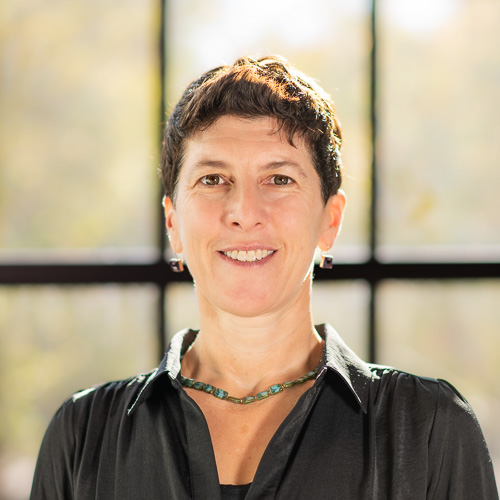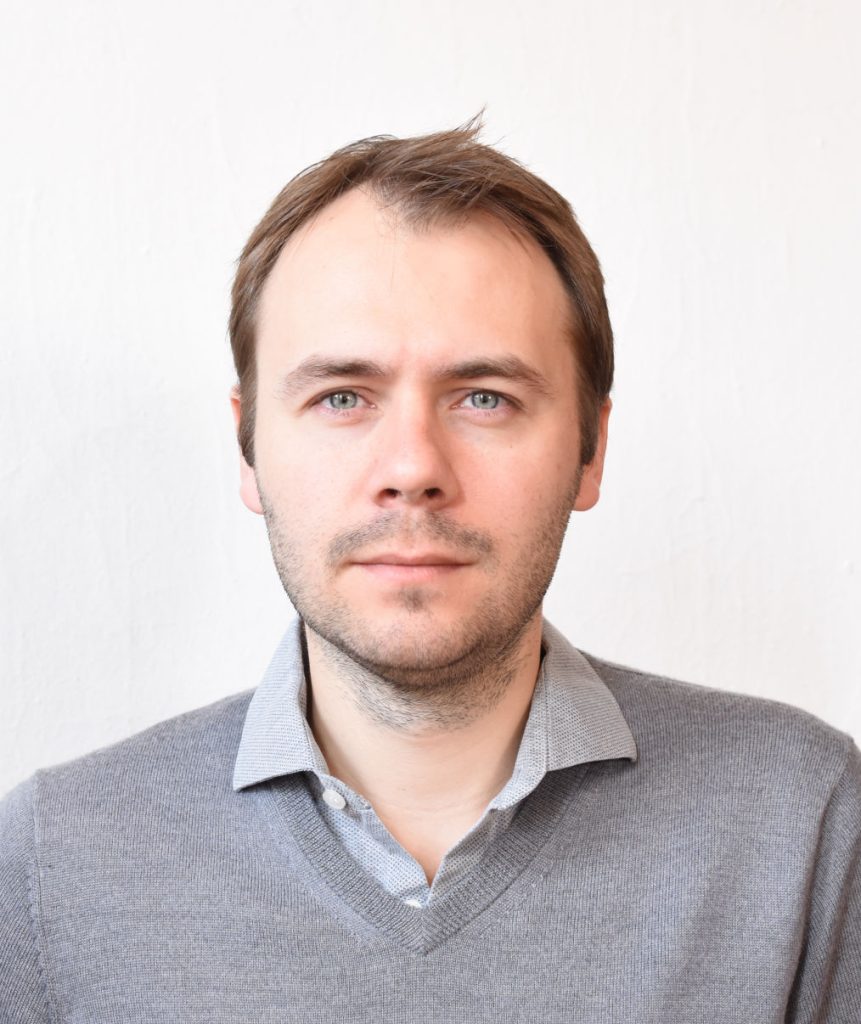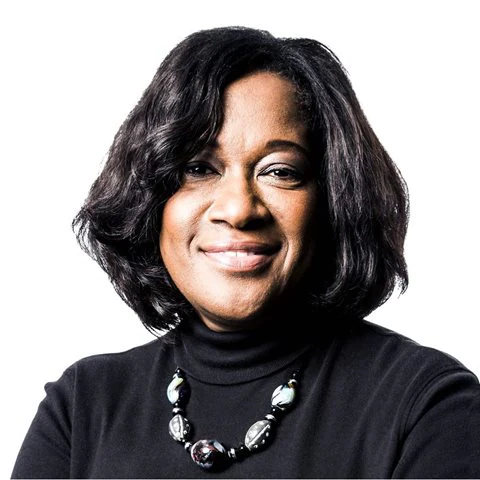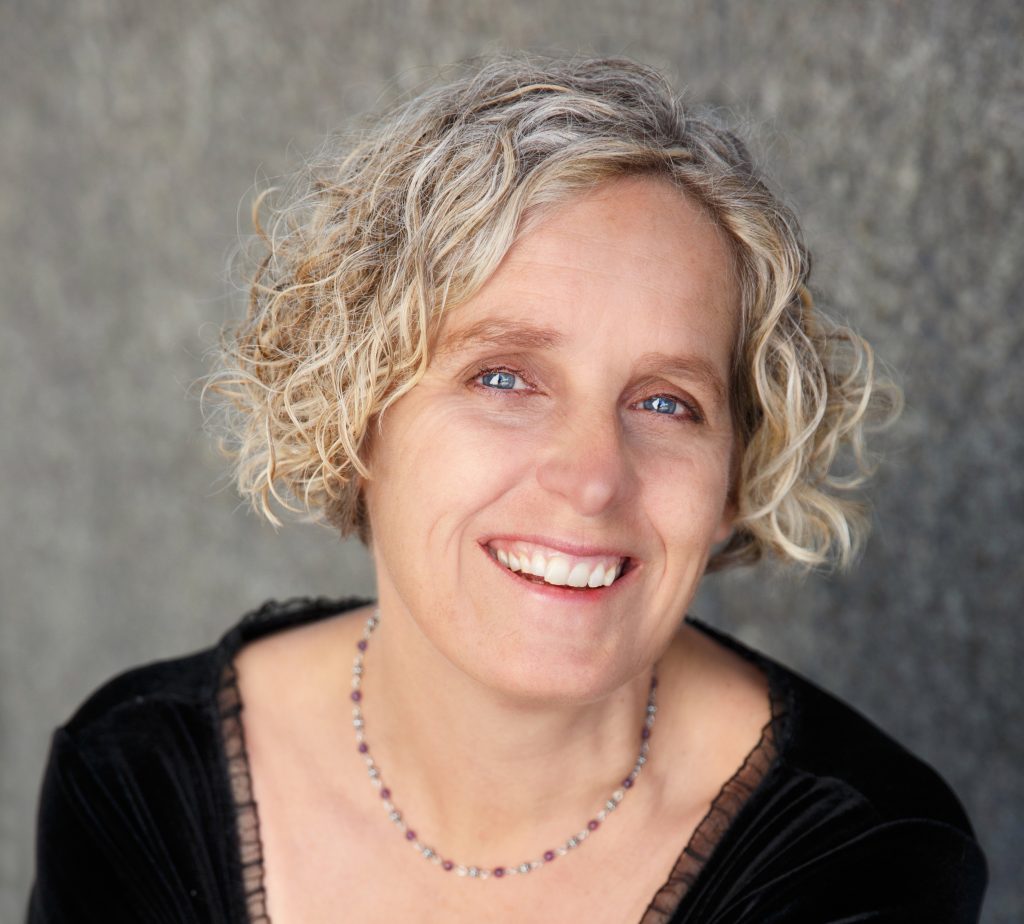Dr Julie Newman boasts an impressive two-decade career dedicated to sustainable development and campus sustainability. Her expertise lies at the crossroads of decision-making processes and organisational behavior, specifically in institutionalising sustainability within higher education.
In 2013, Dr Newman marked a significant milestone by becoming MIT’s inaugural Director of Sustainability, entrusted with the establishment of the MIT Office of Sustainability. Her role involves not only shaping the institute’s sustainability initiatives but also strengthening existing partnerships with the cities of Cambridge and Boston. Before her tenure at MIT, she made pioneering contributions to Yale University, where she founded the Office of Sustainability in 2004 and held a lecturer appointment with the Yale School of Forestry and Environmental Studies. In 1997, Dr Newman played a key role in launching the University of New Hampshire Sustainability Institute, the first sustainability office in the United States.
Dr Newman’s commitment to sustainability in higher education extends beyond individual institutions. In 2005, she founded the Northeast Campus Sustainability Consortium. This consortium, the longest-standing active network of university sustainability professionals in the northeast, serves as a catalyst for advancing education and action on sustainable development in university campuses across the northeast and maritime regions.
An esteemed lecturer and consultant, Dr Newman shares her wealth of knowledge with universities both nationally and internationally. Her involvement in various boards and advisory committees underscores her dedication to shaping sustainable practices. Additionally, she has made significant contributions to the academic sphere through edited books and peer-reviewed journals.
Dr Newman’s academic journey is underscored by her educational achievements, including a BS in Natural Resource Policy and Management from the University of Michigan, an MS in Environmental Policy and Biology from Tufts University, and a PhD in Natural Resources and Environmental Studies from the University of New Hampshire. Her multifaceted background and tireless dedication position her as a prominent figure in the realm of sustainability, shaping the future of higher education through her transformative work.
Dr Newman spent 3rd week of Trinity Term 2024 at College. She carried out an extensive ‘Listening Programme’ with students, staff, and Fellows, the results of which were reported to the College’s Carbon Committee.



